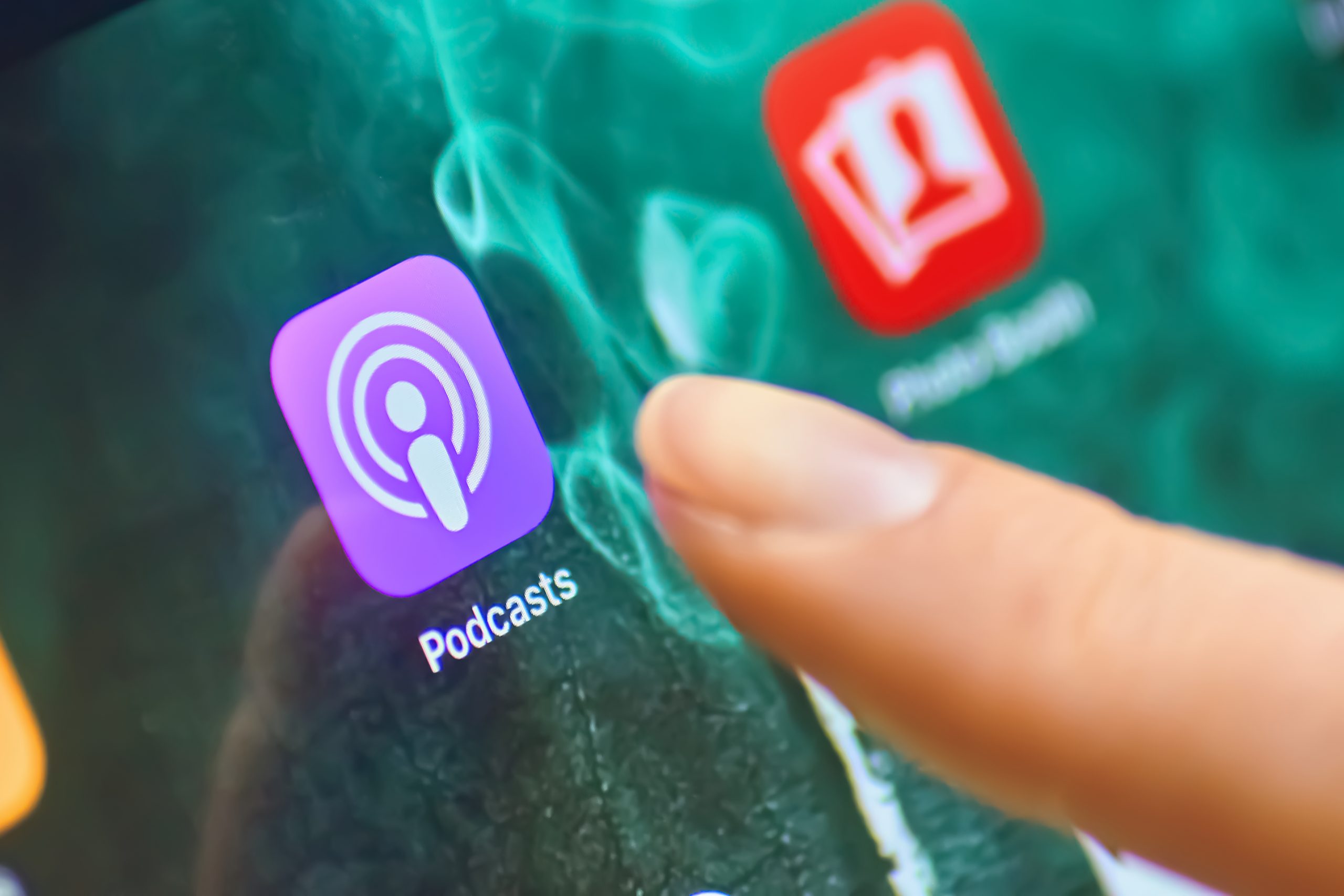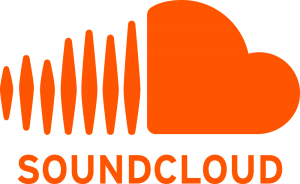There are a variety of seemingly similar podcast apps available for podcast listeners and creators. Top Podcast wanted to highlight some of the differences between the applications you’ve likely seen and heard about.
The term “podcast” is a portmanteau combining the word “iPod” with “broadcast.” Before iPhone apps, podcasts were just another option on your iPod next to albums and artists. As the inventors of the medium, Apple’s podcast app remains the primary method of consumption for podcast listeners around the world.
The iTunes Podcast Charts remain a status symbol in the podcast world. Appearing on the iTunes Top 200 is a goal for most serious shows.
Coke vs. Pepsi, McDonald’s vs. Burger King, and iTunes vs. Spotify. Spotify has emerged as a “market disruptor” in the podcast application space. Acting as a content platform, producing platform specific content, and actively competing in the market has positioned Spotify as leader in the podcast world.
SoundCloud is one of the few platforms that does not require an RSS feed. This is a great platform for testing podcast premises and pilot episodes. Inexperienced or first-time podcasters can take advantage of SoundCloud’s open platform and feel the validation of being featured on an otherwise popular streaming site. SoundCloud’s down side comes in the form of content limitations.
SoundCloud is great for individual uploads, not the best choice for a series.
A prominent alternative to SoundCloud, Audiomack allows for both single uploads and RSS feed connection. Primarily built for rappers and musicians, Audiomack’s podcast hosting is relatively ripe and welcoming to new shows.
Audiomack is not a podcast app that most podcast hosting sites automatically connect to.
Once a minor feature inside the Deezer music streaming app, Stitcher’s acquisition by Midroll Media bolstered it’s brand.  Podcast listeners will be familiar with ads for Stitcher premium, a commercial free subscription service with exclusive content for $4.99 a month. Otherwise Stitcher remains a primary fixture in podcast space. Most hosting sites will place podcast episodes on Stitcher’s free app. It’s simple interface makes for a cleaner user experience than most apps.
Podcast listeners will be familiar with ads for Stitcher premium, a commercial free subscription service with exclusive content for $4.99 a month. Otherwise Stitcher remains a primary fixture in podcast space. Most hosting sites will place podcast episodes on Stitcher’s free app. It’s simple interface makes for a cleaner user experience than most apps.
A primary feature that draws people to Castbox is it’s compatibility with Google Home and Amazon Alexa. Through Castbox you can cast podcasts through your at home devices without a hiccup.
Castbox allows podcasters to “Go Live” essentially converting podcasts into live radio shows. This Hong Kong-based application offers opportunities for podcasts to be submitted and featured. This website aggregates most popular podcasts, so most hosting sites automatically feed into Castbox.
The subtle differences between these podcast apps are what enables them to compete in the market. Pocket Cast is compatible with Sonos speakers, allows listeners to “trim the silence” out of their favorite shows, and advanced filter settings. Pocket Cast scoops most podcasts from RSS feeds provided by popular hosting sites, but also allows for submissions.
Luminary is a subscription based podcast service touting its original content as their primary selling point. Popular shows  like “Guys We F*cked” and the “I Am Rappaport Podcast” moved behind Luminary’s paywall, while they continue to produce “The Trevor Noah Show” and other new concepts.
like “Guys We F*cked” and the “I Am Rappaport Podcast” moved behind Luminary’s paywall, while they continue to produce “The Trevor Noah Show” and other new concepts.
Podbean operates as a podcast hosting site, but also allows listeners to listen to it’s content on their app and website. This sight costs a little more than other hosting sites and doesn’t necessarily have all the bells and whistles that other hosting sites provide. Podbean does have brand recognition within the space & serves as a jumping off point for a number of podcasters.
Radio Public is a podcaster-centric hosting site with a listening application. Their selling point to podcasters comes in the form of a “Podsite.” Every podcast hosted through Radio Public has an auto-generated website that comes with. Hyper-focused on attracting podcasters with unique features, their website lags behind the times.
Patreon is not a platform specifically for podcasts, however many shows have found a home here. Existing podcasts use Patreon as a home for exclusive content, this is a way for young or independent podcasters to monetize their show without advertisements. Patreon’s user experience is lackluster, often downloads are unavailable and the app is unusable.
Regardless of whether or not a show is affiliated with iHeartRadio, it can be found on the iHeartRadio app. Despite being one of the largest media conglomerates in the world, their podcast app still functions as an aggregate hosting site scooping up most popular podcasts. Shows available on iTunes and Spotify can be found here, plus iHeart’s exclusive content.

 Our TOPPODCAST Picks
Our TOPPODCAST Picks  Stay Connected
Stay Connected

 Podcast listeners will be familiar with ads for Stitcher premium, a commercial free subscription service with exclusive content for $4.99 a month. Otherwise Stitcher remains a primary fixture in podcast space. Most hosting sites will place podcast episodes on Stitcher’s free app. It’s simple interface makes for a cleaner user experience than most apps.
Podcast listeners will be familiar with ads for Stitcher premium, a commercial free subscription service with exclusive content for $4.99 a month. Otherwise Stitcher remains a primary fixture in podcast space. Most hosting sites will place podcast episodes on Stitcher’s free app. It’s simple interface makes for a cleaner user experience than most apps.  like “Guys We F*cked” and the “I Am Rappaport Podcast” moved behind Luminary’s paywall, while they continue to produce “The Trevor Noah Show” and other new concepts.
like “Guys We F*cked” and the “I Am Rappaport Podcast” moved behind Luminary’s paywall, while they continue to produce “The Trevor Noah Show” and other new concepts.